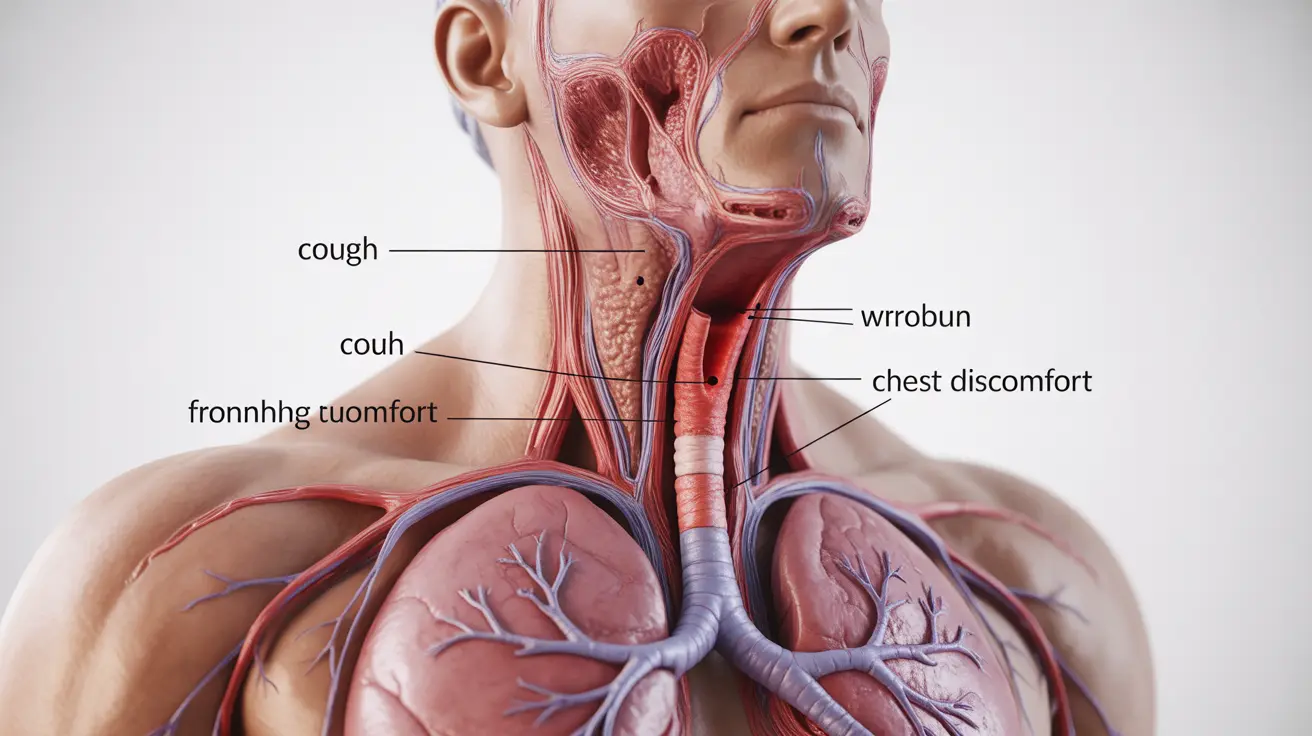When you're diagnosed with bronchitis, one of the most pressing questions is how long you'll have to endure the symptoms, especially if you're not pursuing medical treatment. Understanding the typical duration of bronchitis and what to expect during recovery can help you make informed decisions about your health care approach.
Bronchitis recovery time varies depending on whether you have acute or chronic bronchitis, your overall health status, and the steps you take to support your healing process. This comprehensive guide will help you understand what to expect during bronchitis recovery and when medical intervention might be necessary.
Understanding Acute vs. Chronic Bronchitis
The duration of bronchitis largely depends on which type you have. Acute bronchitis typically resolves within 1-3 weeks, while chronic bronchitis is a long-term condition that requires ongoing management.
Acute Bronchitis Timeline
- Days 1-3: Initial symptoms appear, including cough and chest discomfort
- Days 4-7: Peak symptoms, often with productive cough
- Days 8-14: Gradual improvement in most cases
- Days 15-21: Complete resolution for most people
Chronic Bronchitis Characteristics
- Chronic bronchitis is defined by symptoms that:
- Persist for at least three months
- Recur for two consecutive years
- Require long-term management strategies
- May have periodic flare-ups
Natural Recovery Process
Most cases of acute bronchitis will clear up without medical intervention. The body's immune system typically fights off the underlying viral infection while various self-care measures can help manage symptoms and support recovery.
Supporting Natural Recovery
- Get plenty of rest
- Stay well-hydrated
- Use a humidifier
- Avoid irritants like smoke
- Practice good hand hygiene
When to Seek Medical Attention
While bronchitis often resolves on its own, certain symptoms warrant medical evaluation:
- Fever above 100.4°F (38°C)
- Difficulty breathing
- Cough lasting more than three weeks
- Chest pain
- Blood in mucus
- Recurring bronchitis episodes
Treatment Considerations
Most cases of bronchitis are viral and don't require antibiotics. However, certain situations may call for medical intervention, particularly when bacterial infection is suspected or when underlying conditions complicate recovery.
Symptom Management
- Over-the-counter cough suppressants
- Pain relievers for discomfort
- Salt water gargles
- Honey for cough relief
- Breathing exercises
Frequently Asked Questions
How long does acute bronchitis last without treatment and when should I see a doctor?
Acute bronchitis typically lasts 1-3 weeks without treatment. See a doctor if symptoms persist beyond three weeks, you develop a high fever, experience difficulty breathing, or notice blood in your mucus.
What are the common symptoms of bronchitis that might last after the infection is gone?
A lingering cough is the most common post-bronchitis symptom, which can persist for several weeks. Some people may also experience mild fatigue and chest discomfort during this recovery period.
Can bronchitis clear up on its own, and what home remedies help relieve symptoms?
Yes, most cases of bronchitis clear up on their own. Effective home remedies include rest, hydration, humidifiers, honey for cough relief, and avoiding irritants like smoke.
What is the difference between acute and chronic bronchitis in terms of duration and symptoms?
Acute bronchitis lasts 1-3 weeks with temporary symptoms, while chronic bronchitis persists for at least three months, recurs for two consecutive years, and requires long-term management.
When is antibiotic treatment necessary for bronchitis, and why aren't they usually recommended?
Antibiotics are only necessary when bronchitis is caused by a bacterial infection, which is rare. Most cases are viral, making antibiotics ineffective and potentially harmful due to side effects and antibiotic resistance risks.




